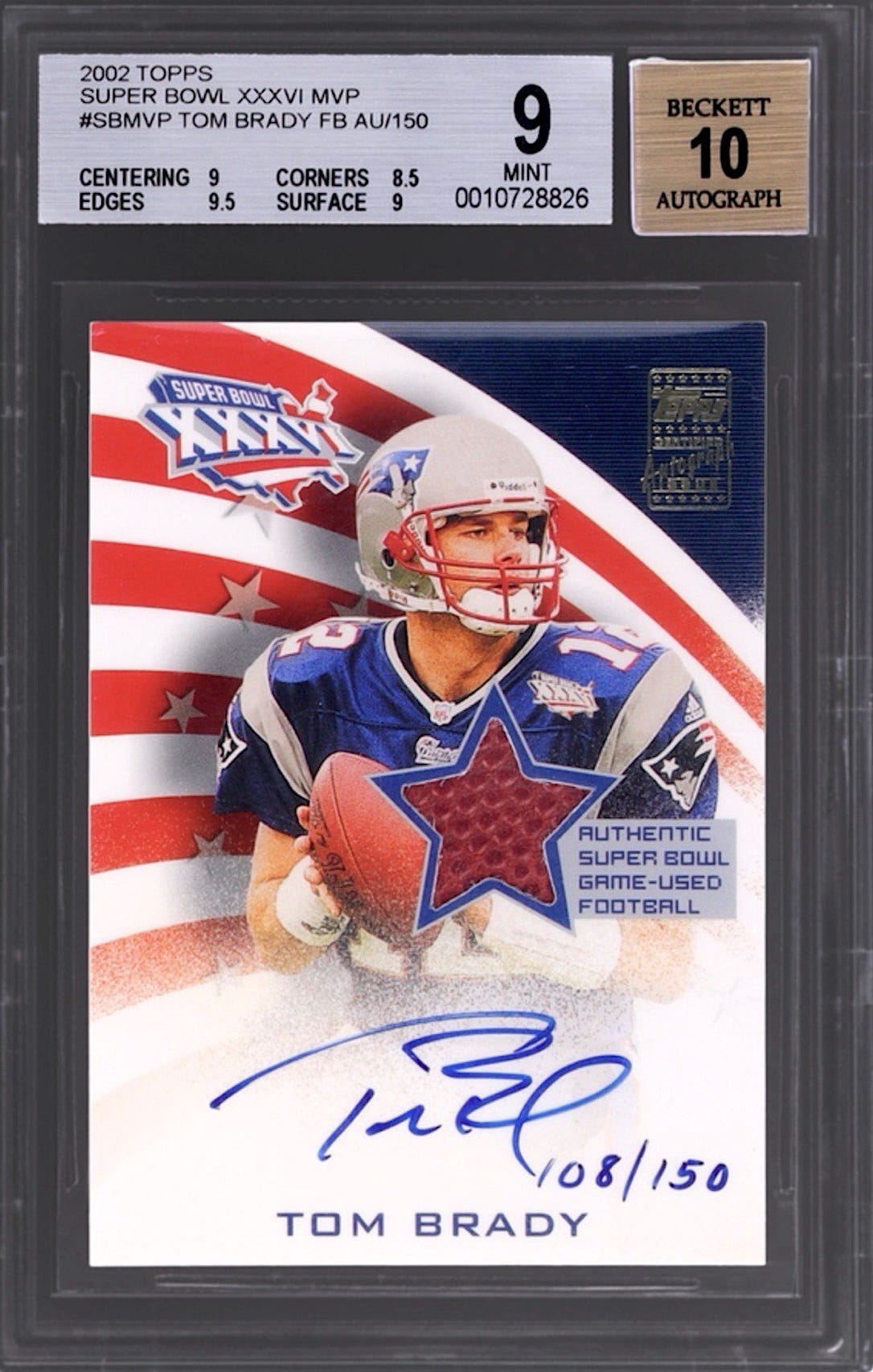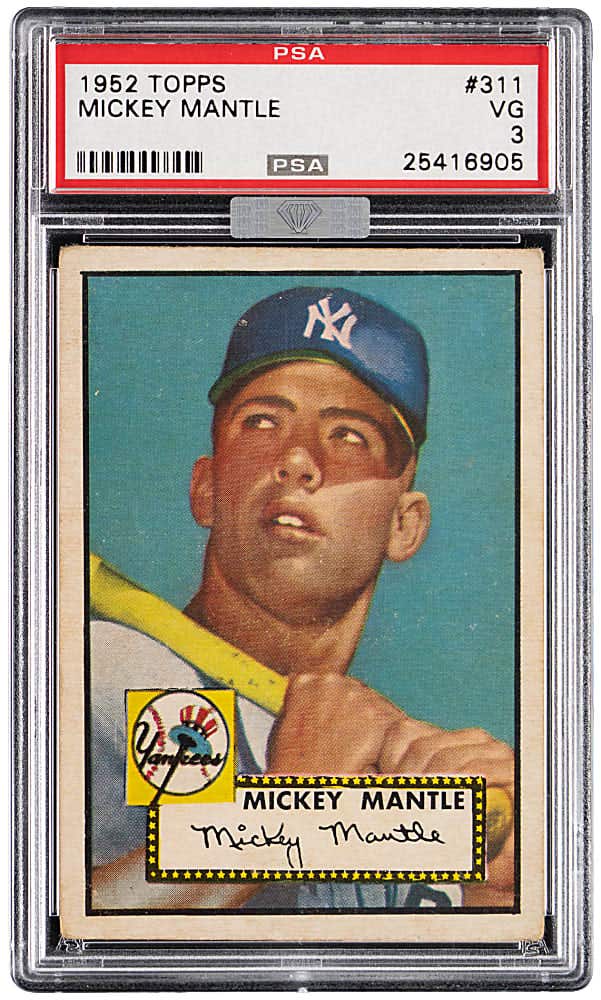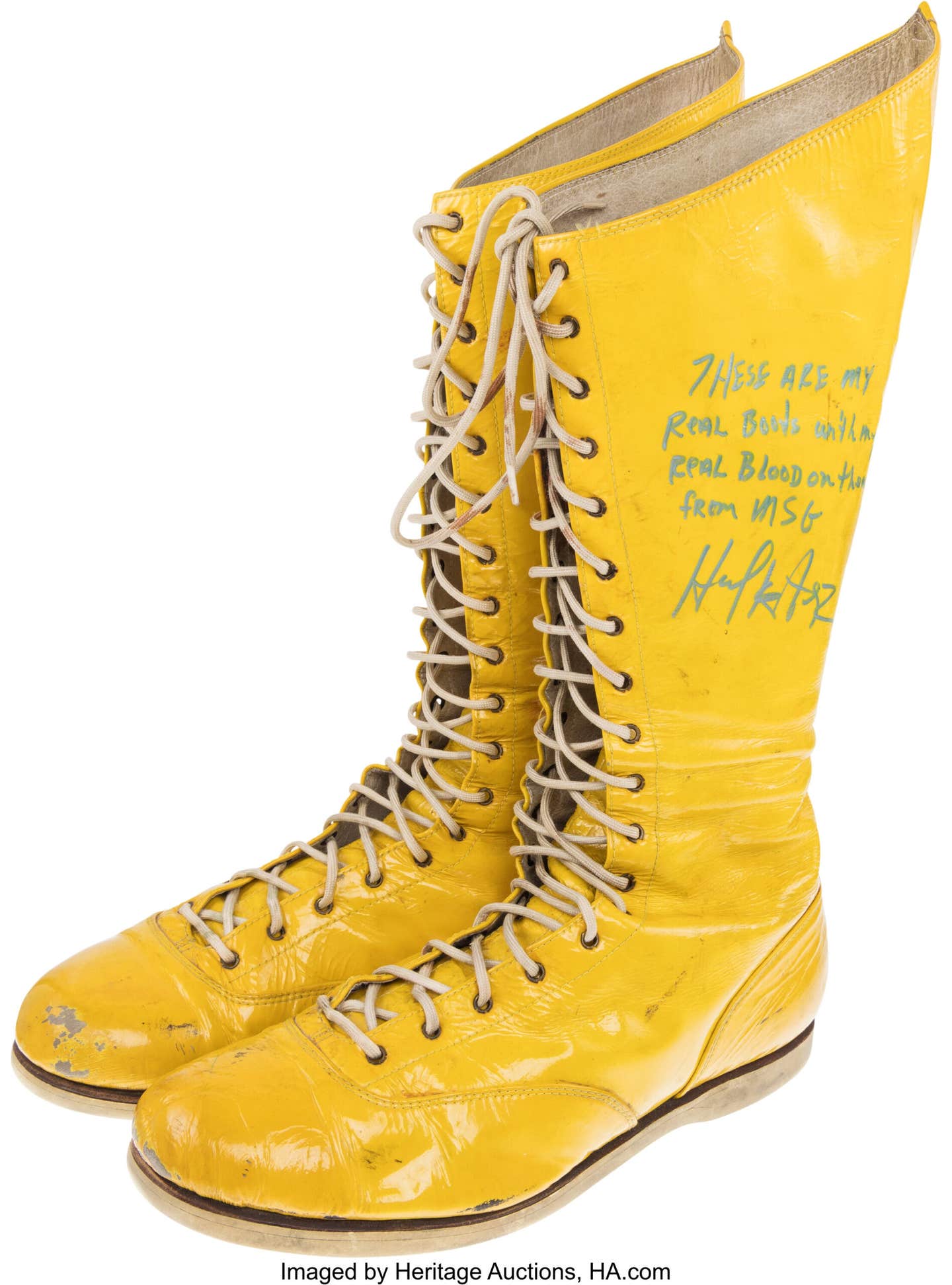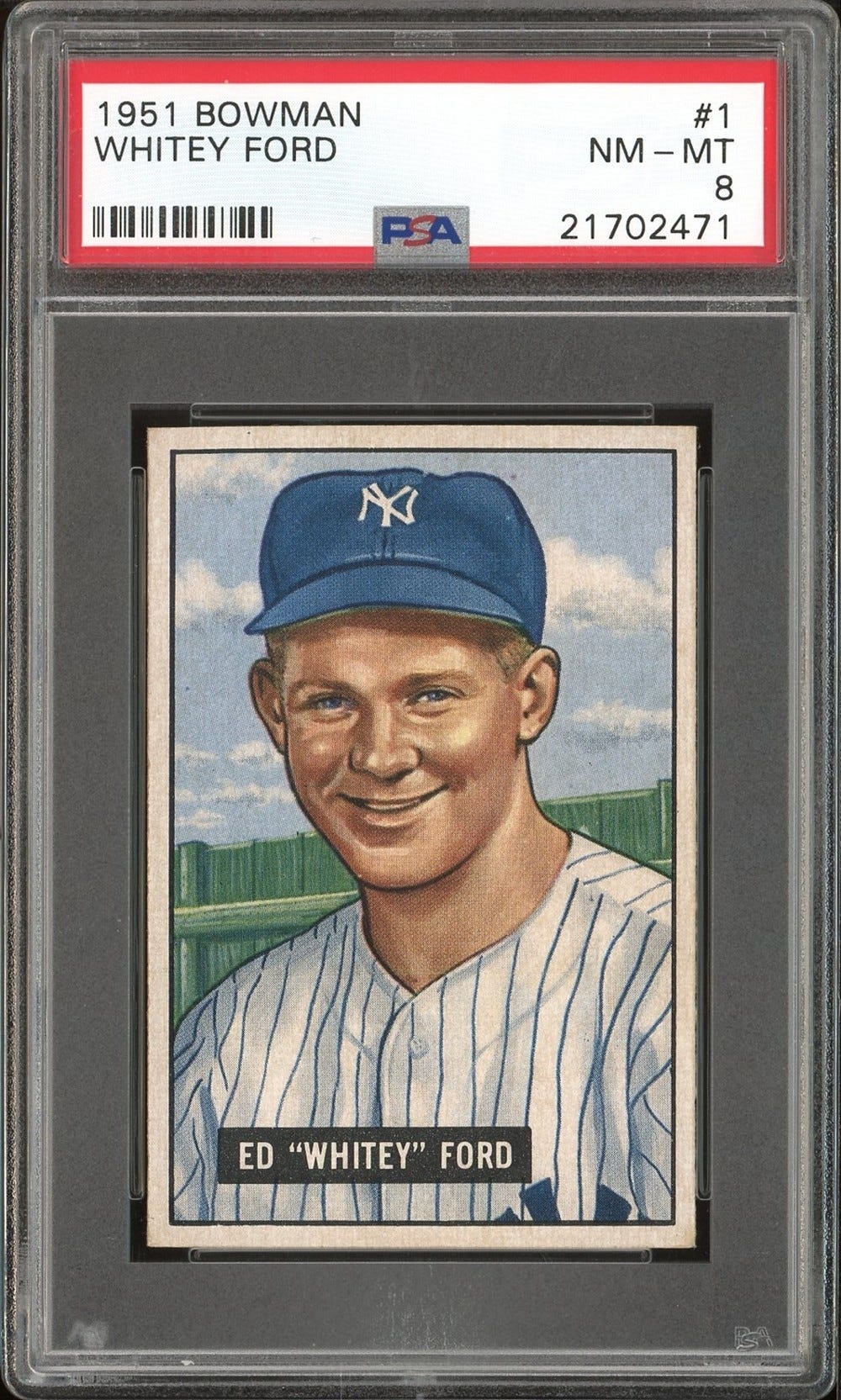News
Market Forecast: Shows at a Crossroads, Too
Much like the weather in the Midwest, the forecast for the sports collectibles market is ever-changing. There has seemingly been a dark cloud hanging over the industry for more than a year, and a recent visit to the Sun-Times show in Chicago presented an even cloudier view of the marketplace than perhaps ever before.
Several of the dealers set up at the show predicted the worst was yet to come, while others took more of a glass-is-half-full approach and predicted relief was right around the corner. While it’s easy to understand both sides of the argument regarding predictions on this issue, everyone who deals in the sports memorabilia business has been affected and many have been forced to make adjustments to weather the storm.
“A lot of guys have been buying a lot less, that’s for sure,” said Vern Nelson of Nelson Cards in Stoughton, Wis. “The high-end stuff seems to be the area suffering the most, but I guess that’s to be expected. People are just cutting back on their spending, that’s all.
“Now, when I do a show like this, I bring a lot of lower-end stuff, flea market-type stuff. I’ve been doing the same number of shows that I always have, but I can see the number of dealers declining with each one I do. You try and lower your prices as much as you can so you can stay competitive, but it’s definitely tough out there right now.”
While it was clear after speaking with several dealers at the show that times were tough all over, some were affected by the struggling economy more than others. Dealers selling high-end products only need to dispense of two or three items to make their weekend a prosperous one, but finding collectors willing to open their wallets wide enough to afford memorabilia with higher price points is easier said than done.
“I think the high-end items have taken the biggest hit, but I think all of the marketplace has taken a hit,” said Mike Stoner of Atlanta’s Stoner Sports. “I suspect Christmas buying will be lower this year, and I don’t think things are going to change in the near future. I have hope that if the stock market changes and the attitude changes of the people who are out of work and the sports marketplace comes into a better position, the marketplace will improve as whole.”
While some dealers are scrambling to tweak their inventory to fit the needs of the current market, others have been able to withstand the recession because of the specialized niche areas they deal in.
“Vintage is real strong. The rarities in terms of cards and the one-of-a-kind pieces in terms of memorabilia are also still doing well,” said Memory Lane President J.P. Cohen. “Those two areas are what people are looking at right now. It’s all supply and demand like anything else.”
In addition to focusing on the rarer items that collectors still covet, Cohen believes the industry will look to the past to find resolution for the future.
“We’ve seen it dip a little bit, but I don’t think it’s anything like what it is in the stock market,” he said. “What we’re seeing is that people who were heavy into the stock investment areas that were losing money are now putting their money into collectibles – hard tangible assets that can carry you through the difficult times. There are studies that show that back during the Depression that people started putting their money into collectibles, and I think that’s a similar trend that we’re seeing today.”
Another area of the hobby that remains a viable option for dealers to focus on is the vintage autograph niche. Collectors seem to be leaning toward memorabilia that has proven it can withstand the test of time and maintain its value. Many in the hobby have turned to the vintage market because of the stability factor versus the uncertainty of modern items because the roller-coaster ride that their ever-fluctuating stock portfolios have been on is simply too much to take.
With collectors being more and more cautious with every negative Wall Street update, and dealers fighting just to make ends meet, some are speculating that without some major changes, the show circuit could suffer even more.
“I think another problem quite frankly is one place in the marketplace that hasn’t been affected is the athlete income,” Stoner said. “Which means that the guys you need to come to sign autographs are still charging very high fees and there’s no relief in sight with that. And if you don’t pay them the high fees, then they don’t come. And if you don’t get the top-notch guys, then you won’t get people to come to the shows. I think that’s hurting the market a great deal. It means fewer promoters are able to afford to do a show, which translates into fewer shows, less attendance and fewer shows for dealers to set up at.”
Only time will tell if Stoner’s fears remain reality or if the economic crunch will eventually affect athlete salaries enough where the prices they demand to appear at shows will come down and allow promoters to put together the type of lineups that will get collectors out and spending money again.
Sun-Times show consultant George Johnson reported that booth sales for the 37th annual event in Chicago were down 15 percent from a year ago, but lowered expectations made the drop-off easier to handle once it became a reality.
“I think we did quite well considering the market. Vintage stuff and the old cards are still doing well,” Johnson said. “But you just try to lower your prices so you can generate some cash flow and ride things out.”
It seems today’s market is looking more and more like a small town after a tornado has whipped through it: those who prepared and took shelter were able to come out all right, while those who didn’t prepare for the worst received the most damage.
The industry remains a work in progress as far as the road to recovery is concerned. It’s survival of the fittest in the hobby these days, and only those who are able to continue to stay on top of the ever-changing marketplace will be able to remain in the hobby.
Scott Fragale is the editor of Tuff Stuff’s Sports Collectors Monthly; scott.fragale@fwmedia.com.








